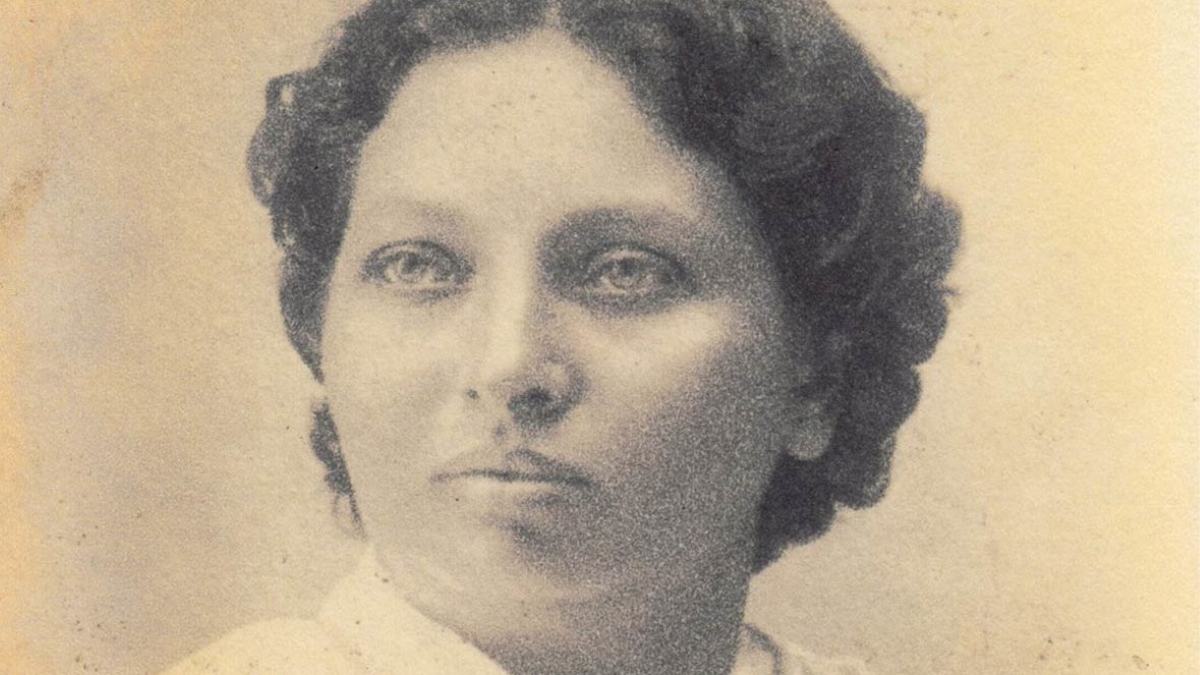

Why Caring for Children Has Always Been a Priority of the Church
Senior Colson Fellow’s book documents moments in history when Christians living amongst pagans boldly confronted bad ideas to protect its victims.
07/19/23
John Stonestreet Glenn Sunshine

Throughout history, across diverse societies, nations, and eras, Christians who carried the Gospel into pagan cultures defended and protected abandoned and abused children. In his new book, 32 Christians Who Changed Their World, Senior Colson Fellow Dr. Glenn Sunshine tells the stories of Christian heroes, most of whom are unknown today, whose courage and faithfulness changed the way children are seen and treated. You can receive a copy of 32 Christians Who Changed Their World with a gift of any amount this month to the Colson Center (please visit colsoncenter.org/July).
For example, 19th-century India was a particularly brutal place for girls. Women were considered inferior to men and were not allowed to be educated or employed. Child marriage was a fairly common practice. Though the practice of sati (burning widows on their husband’s funeral pyres) had been abolished, the treatment of widows remained harsh. They were considered cursed and often subjected to terrible abuse at the hands of their husband’s family.
The family of Pandita Ramabai (1858-1922) was different. As Dr. Sunshine explains, Pandita’s father, a member of the priestly caste known as Brahmins, encouraged her to read the Hindu scriptures. Not only did she learn to read, her skills and mastery of the text earned her acclaim. Her study also led to growing doubts about the truth of Hinduism.
After she was married, Pandita found a copy of the Gospel of Luke in her husband’s library. Drawn to Christianity, she invited a missionary to their home to explain the Gospel to her and her husband. Tragically, not long after hearing the Gospel, her husband passed away.
Shortly thereafter, Pandita was visited by a child widow looking for charity. Pandita not only took her in as if she were her own daughter but, moved by the situation, started an organization called Arya Mahila Samaj to educate girls and advocate for the abolition of child-marriage.
It was while traveling to England that Pandita Ramabai formally converted to Christianity. Returning to India, she set up a school for girls and widows in what is now called Mumbai. At first, to avoid offending Hindus, she agreed not to promote Christianity and to follow the rules of the Brahmin caste. However, these concessions were not enough. Within a year, the school was under attack, and local financial support dried up. Pandita moved the school to Pune, about 90 miles away.
In 1897, when a famine and plague struck the area, Pandita established a second school about 30 miles away. Among the subjects taught in her schools were literature (for moral instruction), physiology (to teach them about their bodies), and industrial arts such as printing, carpentry, tailoring, masonry, wood-cutting, weaving, needlework, farming, and gardening.
At first, because Pandita had only two assistants, she developed a system to care for and educate the girls, first teaching the older ones who would then take care of and help teach the younger. This allowed for a growing number of girls to be taken in and cared for. In fact, by 1900, 2,000 girls lived at Pandita’s schools.
In 1919, the British king awarded Pandita Ramabai the Kaiser-i-Hind award, the highest honor an Indian could receive during the colonial period. Her life is an example that living in a pagan society means confronting bad ideas and caring for their victims. In her culture, like in ours, these victims are very often children.
To decide, as many have, that speaking up on controversial cultural issues is “too political” is to leave these victims without care and protection. It is out of step with Christian history. It also is an embrace of an anemic, truncated Gospel.
This month, for a gift of any amount to the Colson Center, you can receive a copy of 32 Christians Who Changed Their World by Dr. Glenn Sunshine. Just visit colsoncenter.org/July.
This Breakpoint was co-authored by Dr. Glenn Sunshine. For more resources to live like a Christian in this cultural moment, go to breakpoint.org.
This Breakpoint was revised from one originally published on March 30, 2021.
Have a Follow-up Question?
Up
Next

Related Content

© Copyright 2020, All Rights Reserved.













